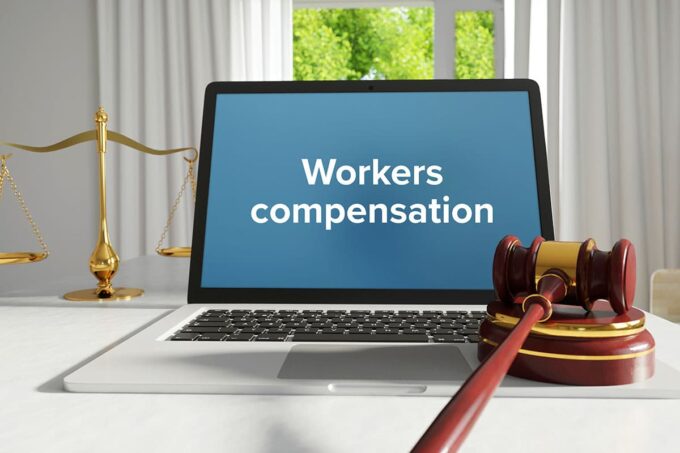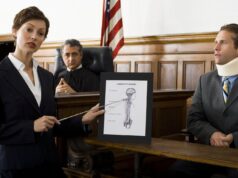1. Introduction to the Legal Process for Workers Compensation and Personal Injury Cases
When navigating the legal process for worker’s compensation and personal injury cases, understanding your rights, responsibilities, and available options is crucial. Whether you have been injured on the job or have suffered a personal injury due to someone else’s negligence, seeking legal assistance can greatly help you obtain the compensation you deserve.
In this article, we will explore the intricacies of the legal process surrounding worker’s compensation and personal injury cases, specifically focusing on how personal injury lawyers in Perth can provide invaluable support and guidance throughout the journey. From understanding the legal system to filing a claim and negotiating settlements, we will delve into key aspects that will empower you to make informed decisions and protect your rights. Let’s embark on this journey to gain a comprehensive understanding of the legal process for worker’s compensation and personal injury cases.
1.1 Understanding the Legal System
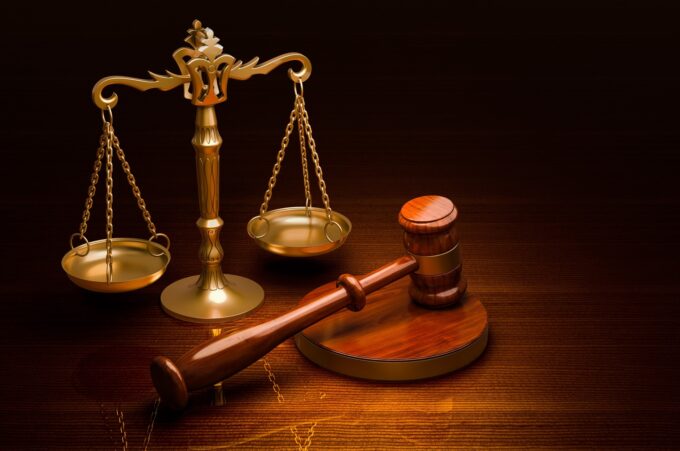
Let’s face it, the legal system can be a bit intimidating and confusing. It’s like deciphering an ancient language only spoken by lawyers and judges. But fear not; we’re here to help you navigate the legal process like a seasoned pro.
The legal system is the framework of laws and regulations that govern our society. In the context of worker’s compensation and personal injury cases, it’s all about seeking justice and fair compensation for injuries or illnesses sustained on the job or due to someone else’s negligence.
1.2 Differentiating Workers’ Compensation and Personal Injury Cases
Worker’s compensation and personal injury cases may seem similar, but there are some key differences you should be aware of.
Workers compensation typically applies to injuries or illnesses that occur on the job. It’s a system designed to provide financial assistance and medical benefits to workers hurt at work. On the other hand, personal injury cases involve injuries or harm caused by someone’s negligence or intentional actions, regardless of whether it happened at work or elsewhere.
Understanding these distinctions will help you determine which legal avenue to pursue and ensure you’re on the right track.
2. Understanding Workers Compensation: Rights and Responsibilities
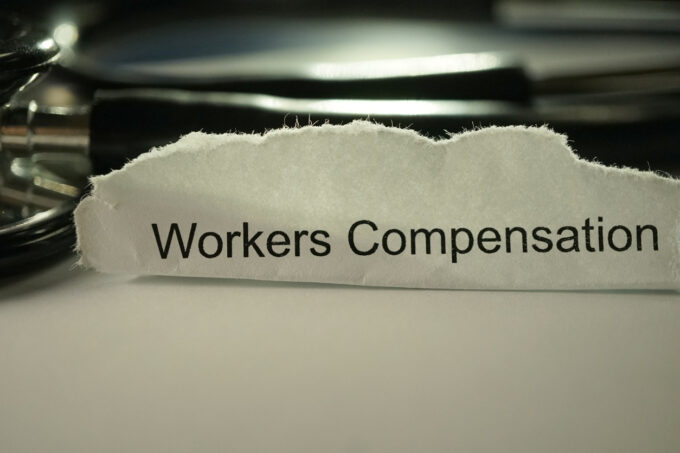
2.1 Workers’ Rights in Compensation Cases
As an employee, you have certain rights when it comes to workers compensation. These rights include the right to receive medical treatment, the right to compensation for lost wages, and the right to rehabilitation services if needed. It’s important to understand these rights to advocate for yourself and ensure you receive the benefits you’re entitled to.
2.2 Employer’s Responsibilities in Workers’ Compensation Cases
Your employer also has responsibilities when it comes to worker’s compensation. They are legally obligated to provide a safe work environment, report injuries promptly, and carry worker’s compensation insurance. Understanding your employer’s responsibilities will help you hold them accountable and ensure they fulfill their obligations.
3. The Role of Personal Injury Lawyers in Perth

3.1 Importance and Benefits of Hiring a Personal Injury Lawyer
Regarding workers compensation and personal injury cases in Perth, having a personal injury lawyer by your side can make a difference. These legal superheroes are trained in the art of the law and can navigate the complex legal system on your behalf. They will fight for your rights, negotiate with insurance companies, and ensure you receive your deserved compensation.
3.2 How Personal Injury Lawyers Assist in Workers Compensation Cases
In workers compensation cases, personal injury lawyers can help with various aspects of your claim. They can gather evidence, interview witnesses, negotiate settlements, and even represent you in court if necessary. Their expertise and experience can significantly increase your chances of a favorable outcome and ensure insurance companies do not shortchange you.
4. Steps Involved in Filing a Workers Compensation Claim
4.1 Reporting the Injury or Illness
The beginning procedure in filing a workers compensation claim is reporting the injury or illness to your employer. Do this promptly and follow any specific reporting procedures your workplace may have. Timely reporting is crucial to preserve your rights and initiate the claims process.
4.2 Documenting Medical Treatment and Expenses
To support your claim, it’s important to document all medical treatment and related expenses. Keep copies of medical bills, records, and any other relevant documentation. This will help establish the extent of your injuries and the financial impact they’ve had on your life.
4.3 Filing the Claim with the Relevant Authorities
After reporting the injury and documenting your medical treatment, it’s time to file a workers compensation claim with the relevant authorities. Your personal injury lawyer can guide you through this process and ensure all necessary paperwork is completed accurately and submitted on time.
Remember, the legal process can often be a marathon, not a sprint. But with the right knowledge, support, and perseverance, you can navigate the complexities and emerge victorious in your workers compensation or personal injury case.
5. Suing for Personal Injury: Key Considerations and Legal Options
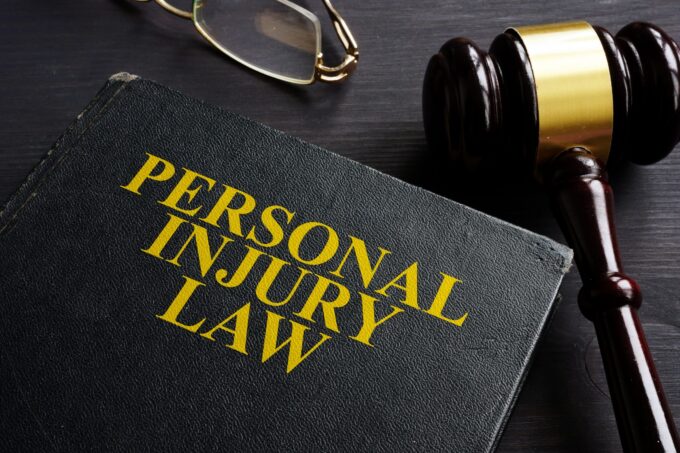
5.1 Understanding Personal Injury Laws and Statutes in Perth
Navigating the world of personal injury laws can feel like trying to understand a foreign language. Trust me, I’ve been there. In Perth, there are specific laws and statutes in place to protect individuals who have been injured due to someone else’s negligence. These laws outline the rights and responsibilities of both parties involved in a personal injury case.
To give you a crash course (pun intended) in Perth’s personal injury laws, they generally revolve around proving that the other party had a duty of care towards you, breached that duty, and as a result, you suffered injuries. Understanding these laws can play a significant role in building a strong case.
5.2 Evaluating the Viability of a Personal Injury Lawsuit
So, do you have a personal injury case on your hands? Well, before you start dreaming of courtroom showdowns and dramatic legal victories, it’s important to evaluate the viability of your lawsuit. Not every injury automatically translates into a winning case.
Factors like the severity of your injuries, evidence, and the ability to prove negligence are crucial in determining whether your lawsuit is worth pursuing. This evaluation is where a personal injury lawyer can be your best friend. They’ll assess the strengths and weaknesses of your case, tell you if you have a shot, and guide you through the legal process.
5.3 Exploring Alternative Dispute Resolution Methods
Litigation isn’t always the only path to justice. There are alternative dispute resolution methods that can help you resolve your personal injury case without going to court. Mediation and arbitration are two popular options that allow both parties to negotiate and find a mutually acceptable resolution.
These methods can save you time, money, and the stress of a lengthy legal battle. However, it’s important to remember that not all cases are suitable for alternative dispute resolution. Your personal injury lawyer can help you determine if exploring these options is the right choice for your situation.
6. The Importance of Gathering Evidence and Documenting Injuries

6.1 Types of Evidence That Can Strengthen a Workers Compensation Claim
Regarding workers’ compensation claims, evidence is your best friend. Collecting the right kind of evidence can make or break your case. So, what counts as evidence?
First and foremost, medical records and reports are crucial. They document your injuries, treatments, and the impact on your well-being. You’ll also want to gather any eyewitness statements, photographs of the accident scene, and any relevant documents like incident reports or safety violations. The more evidence you have, the stronger your claim becomes.
6.2 Documenting Personal Injuries for a Stronger Lawsuit
Personal injury cases often rely on the ability to prove the extent of your injuries. Remember that medical documentation we just talked about? Well, it’s time to give it the spotlight it deserves.
Make sure to keep track of all medical bills, prescriptions, and treatments related to your injuries. Take photographs of visible injuries and keep a journal detailing your daily pain and limitations. This documentation will not only strengthen your lawsuit but also help you keep tabs on your recovery progress.
7. Negotiating Settlements and Maximizing Compensation
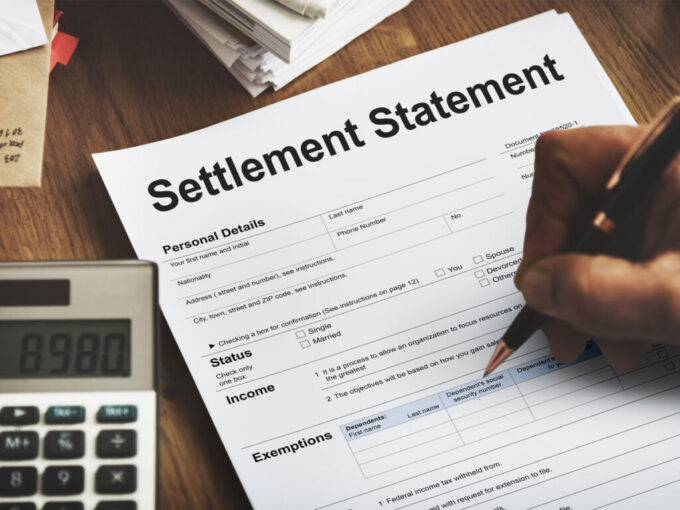
7.1 Understanding the Settlement Process
Ah, settlements – the art of compromise. Negotiating a settlement is a common way to resolve personal injury cases without going to court. Essentially, it’s a fancy way of saying that both parties reach an agreement on the amount of compensation that will be paid to the injured party.
The settlement process involves plenty of back-and-forth discussions, demands, and counteroffers. It requires careful consideration of your damages, past and future medical expenses, lost wages, and pain and suffering. A personal injury lawyer can be your guide through this complex process, helping you understand your options, and fighting for a fair settlement.
7.2 Strategies for Maximizing Compensation
Regarding compensation, you want to get every penny you deserve. Maximizing your compensation involves strategizing and building a strong case. This means gathering solid evidence, calculating damages, and presenting your case convincingly.
Know that insurance companies often try to lowball settlements, so it’s crucial to have a personal injury lawyer who knows how to negotiate and fight for your rights. They’ll use their expertise to assess the value of your claim, push for the best settlement possible, and, if required, take your case to court to ensure you receive fair compensation.
8. Seeking Legal Assistance: Finding the Right Personal Injury Lawyer in Perth
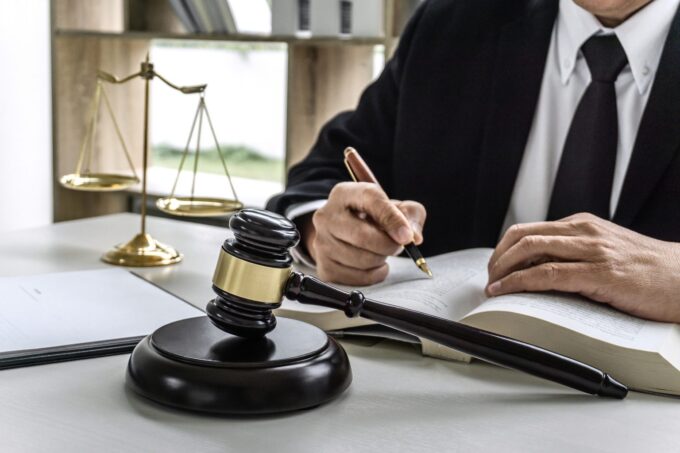
8.1 Factors to Consider When Choosing a Personal Injury Lawyer
Finding the right personal injury lawyer in Perth may feel like searching for a needle in a haystack, but fear not, I’ve got your back. When selecting a lawyer, there are a few key factors to consider.
First, experience is essential. Look for lawyers who specialize in personal injury cases and have a proven track record of success—secondly, reputation matters. Check online reviews, ask for recommendations, and find someone respected in the legal community. Lastly, you’ll want to find a lawyer who understands your needs and communicates well with you. After all, you’ll be navigating this legal journey together.
8.2 Questions to Ask During the Initial Consultation
When you think you’ve found a potential personal injury lawyer, it’s time for the initial consultation. This is your chance to ask all the burning questions and decide if they’re the right fit for you.
Ask about their experience with cases similar to yours, inquire about their success rate, and discuss their fee structure. Be bold and ask for references or examples of past cases they’ve handled. And remember, trust your gut – if something feels off, it’s okay to keep searching for a lawyer who clicks with you.

Remember, the legal process can be overwhelming, but with the right personal injury lawyer in Perth by your side, you can navigate it with confidence. Stay informed, gather evidence, and don’t hesitate to fight for the compensation you rightfully deserve.
In conclusion, understanding the legal process for workers’ compensation and personal injury cases is essential for ensuring your rights are protected and you receive the compensation you deserve. With the assistance of experienced personal injury lawyers in Perth, you can navigate through the complexities of the legal system with confidence.
By following the necessary steps, documenting your injuries, and seeking appropriate legal representation, you can increase your chances of a favorable outcome. Remember, seeking legal assistance is not only about pursuing financial compensation but also about ensuring justice and holding responsible parties accountable. By being informed and proactive, you can navigate the legal process effectively and work towards a resolution that allows you to move forward with your life.
Conclusion: Foyle Legal Perth
All in all, it is important to recognize the signs of needing a worker’s compensation lawyer before your claim spirals out of control. If you find yourself in any of the scenarios explained in this blog post, take that as a sign to hire an experienced professional who can help you get the legal representation and advice you deserve. That’s why at Foyle Legal Perth, we have years of experience dealing with workplace injuries and personal injury cases.
Having worked on numerous high-profile cases, our team works hard to ensure you receive the best representation and will get the fair compensation you are owed. Our team understands how difficult this situation can be, so let us fight for your rights. Contact Foyle Legal Perth today and book an obligation-free consultation to seek legal representation for a worker’s compensation claim. After all, there’s power in having the right people on your side!
FAQ’s
1. Do I need a personal injury lawyer for a worker’s compensation claim?
While it is not mandatory to hire a personal attorney for a worker’s compensation claim, having legal representation can significantly benefit your case. A personal injury lawyer in Perth can provide expert guidance, navigate the complex legal process, gather evidence, negotiate with insurance companies, and ensure your rights are protected. They can also help maximize your compensation and advocate in case of disputes or denials.
2. How long does the legal process for workers’ compensation and personal injury cases typically take?
The duration of the legal process varies depending on various factors, such as the complexity of the case, the extent of injuries, and the cooperation of involved parties. Simple worker’s compensation claims can be resolved within a few months, while personal injury lawsuits can take longer, potentially spanning several months to a few years. It’s important to note that each case is unique, and factors beyond your control can influence the timeline.
3. What kind of evidence should I gather for my worker’s compensation or personal injury case?
Collecting and presenting strong evidence is crucial for the success of your worker’s compensation or personal injury case. Evidence may include medical records, photographs of injuries or accident scenes, witness statements, accident reports, and any other relevant documentation related to your case. It’s important to consult with a personal injury lawyer in Perth who can guide you on the specific evidence needed for your case and help you gather and present it effectively.


